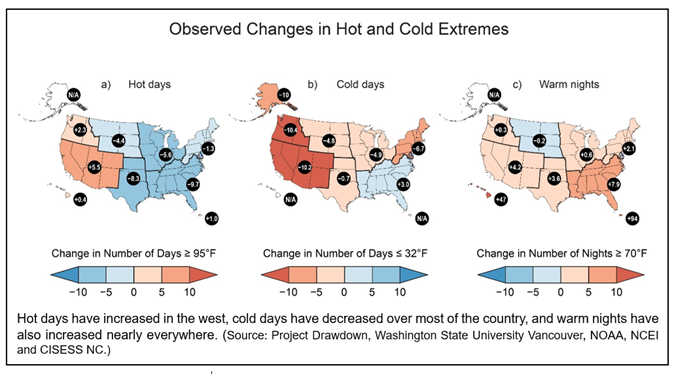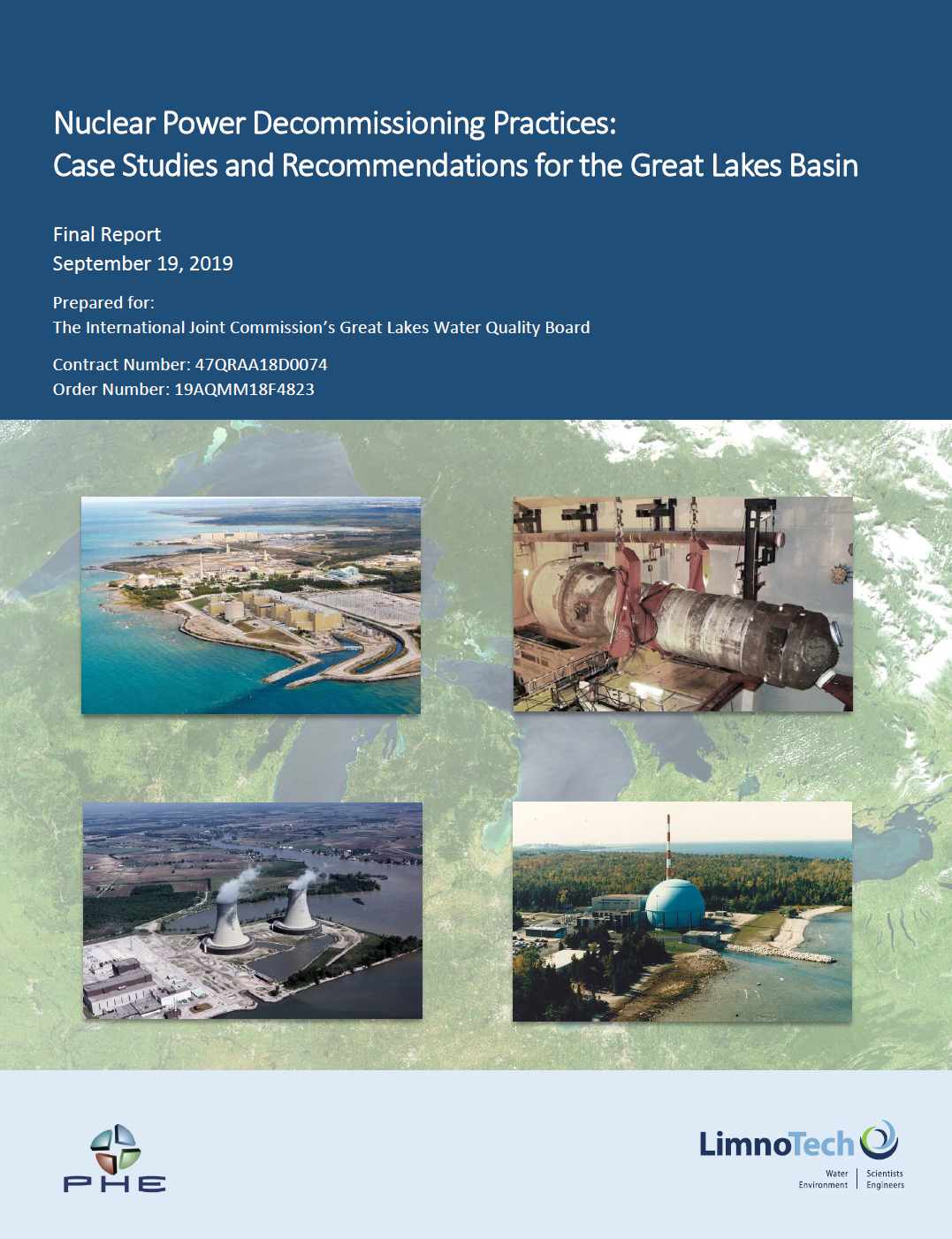Fifth National Climate Assessment: Key Takeaways and Actions to Take
/In November of 2023, the U.S. released the Fifth National Climate Assessment (NCA5). Since the First National Climate Assessment in 2000, the U.S. Global Change Research Program (USGCRP) has led a team of climate scientists and subject matter experts from a wide variety of backgrounds and institutional sectors to develop this assessment of the best available science. NAC5 is complemented by a new web-based NCA Atlas that allows people to explore climate projections in U.S. states and counties. In addition, a Spanish language version of NCA5 was just released earlier this year.
Read More









